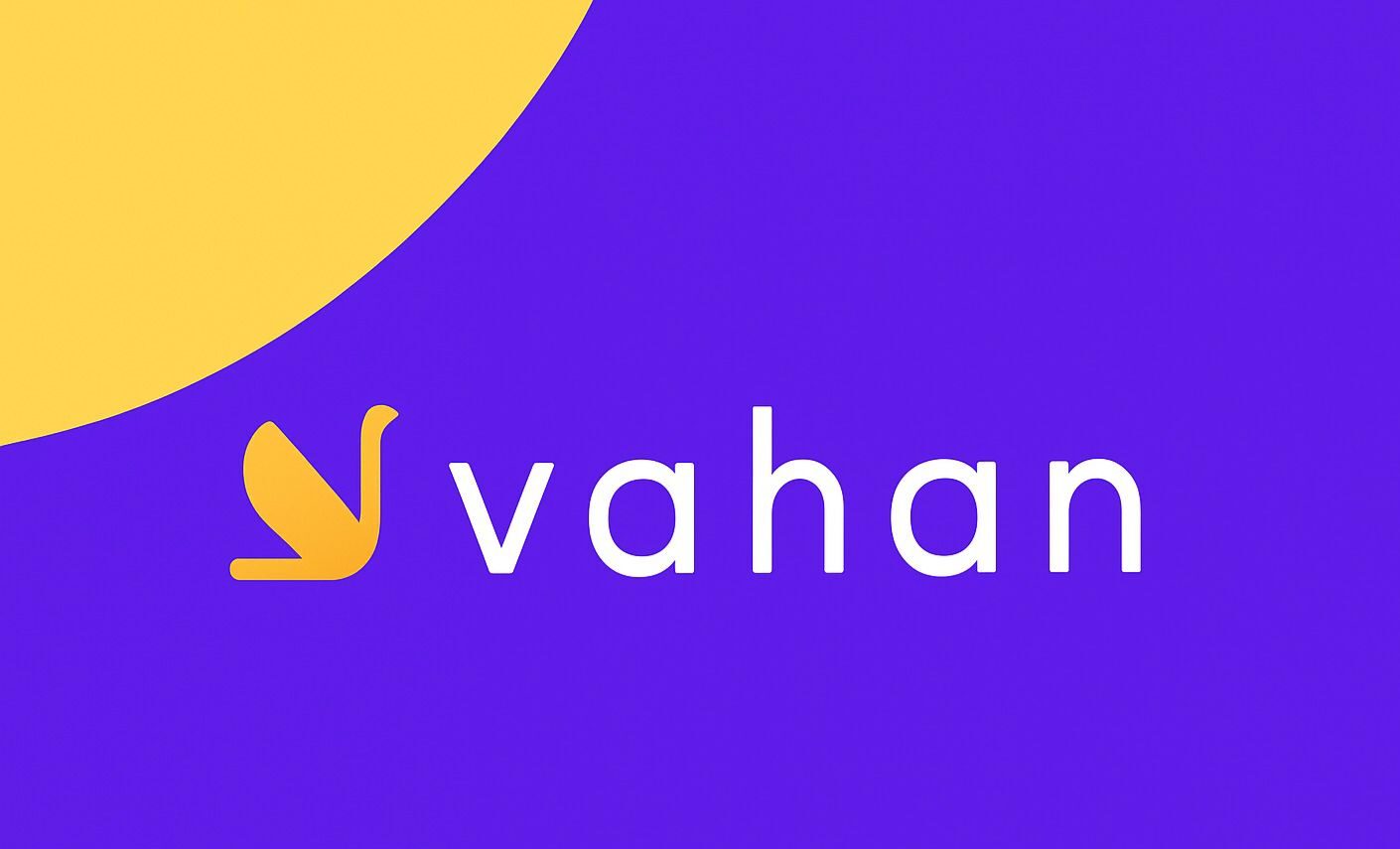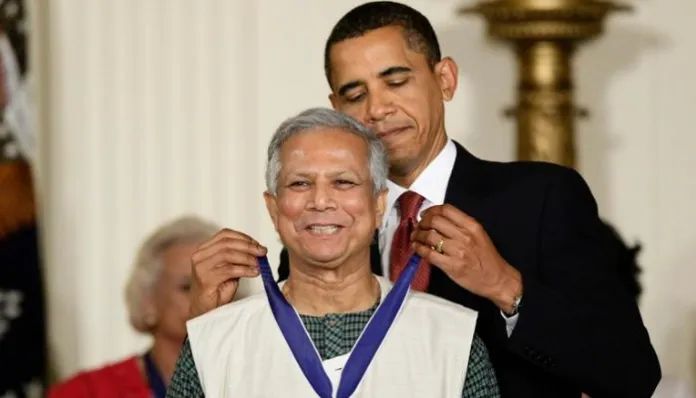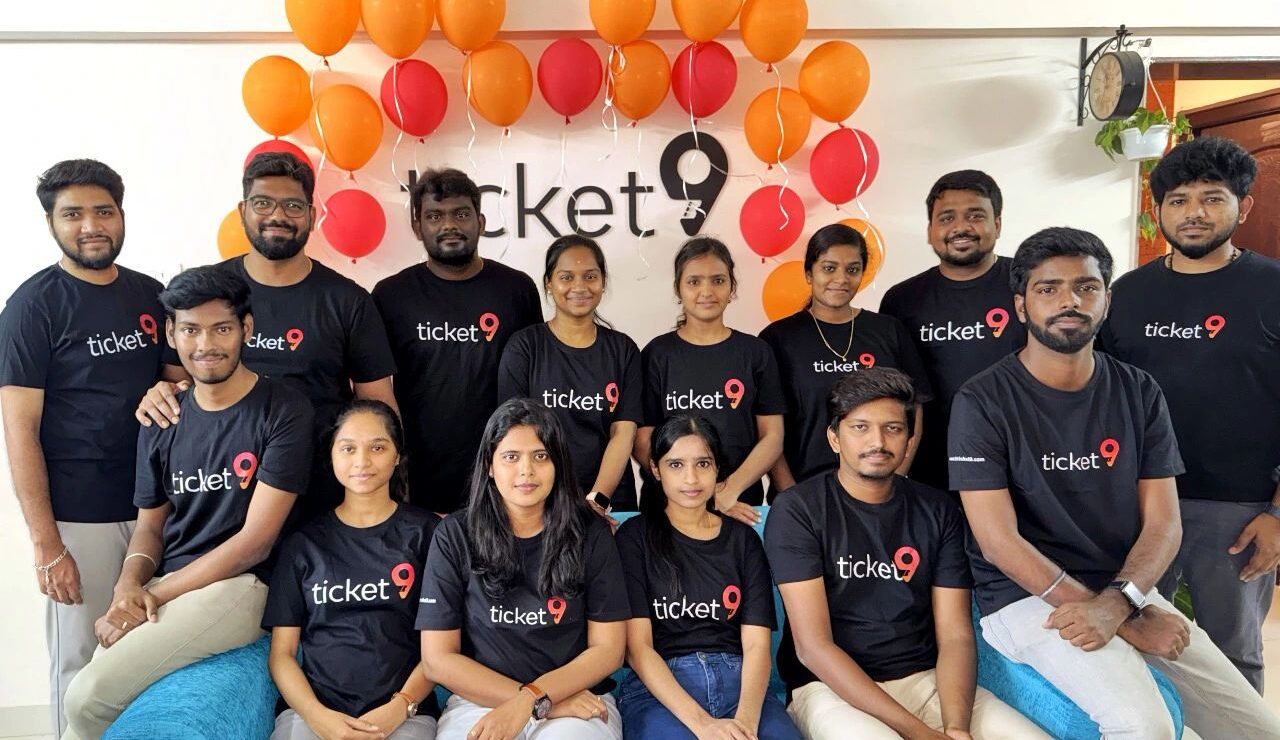In India’s crowded digital job market, one startup is quietly rewriting the rules, without fancy apps, resumes, or even email addresses. Instead, all it takes is a WhatsApp message.
Vahan, a Bengaluru-based startup, is using artificial intelligence and the country’s most ubiquitous messaging platform to place over 25,000 blue-collar workers in jobs every single month. From delivery riders for Zepto to warehouse staff for BigBasket, Vahan is fast becoming the invisible backbone of India’s gig economy.
The LinkedIn for Bharat’s Workforce
Founded by ex-Google engineer Madhav Krishna, Vahan began with a simple observation: platforms like LinkedIn don’t work for the 450 million informal workers who make up India’s labor force. Most of them don’t speak English, don’t have resumes, and often live in tier-2 or tier-3 cities where digital literacy is still catching up.
So Vahan met them where they already are, on WhatsApp.
Jobseekers chat with an AI-driven bot that understands multiple Indian languages, asks basic questions, and matches them with suitable roles within minutes. No app downloads. No digital red tape. Just a number and a need.
The result? Over 3 million verified users across the country and growing.
Scale With a Human Cost?
But as Vahan scales rapidly, it enters a space that’s been under increasing ethical scrutiny. The rise of quick commerce has created thousands of new jobs, but also raised questions about job quality, safety, and sustainability.
In major metros, delivery riders face tight timelines, traffic chaos, and precarious employment terms. While Vahan’s model is more matchmaking than management, critics argue that the entire ecosystem, including platforms, partners, and placement engines must take responsibility for rider welfare.
Vahan says it’s taking steps to address this. The platform provides information about salaries, shift timings, and company policies upfront. It also nudges companies to improve transparency and reduce attrition by setting fair expectations from day one.
Still, in an industry driven by speed and margins, structural reform remains a slow road.
A Step Forward, But Not the Finish Line
There’s no denying the impact. For a 19-year-old in Lucknow or a single mother in Nashik, the ability to get a job through a WhatsApp conversation is nothing short of transformational. It simplifies access, eliminates middlemen, and restores a sense of agency.
But as platforms like Vahan become gatekeepers to blue-collar opportunity, larger questions loom. What safeguards exist to prevent exploitation? Will tech-driven hiring create upward mobility or reinforce existing inequalities?
A Smarter Future for Hiring?
Vahan’s success signals a broader shift in how India thinks about employment, not just in metros, but in the country’s digital heartland. By building a product for Bharat, not just India, it’s opening doors at scale that were previously locked behind language, literacy, and legacy systems.
The challenge now is to ensure that speed doesn’t come at the cost of dignity.
Because when a job starts with a message, the real conversation must continue long after the placement.
Also Read: Studio Sirah: The Indian Game Studio Taking the Mahabharata Global
























